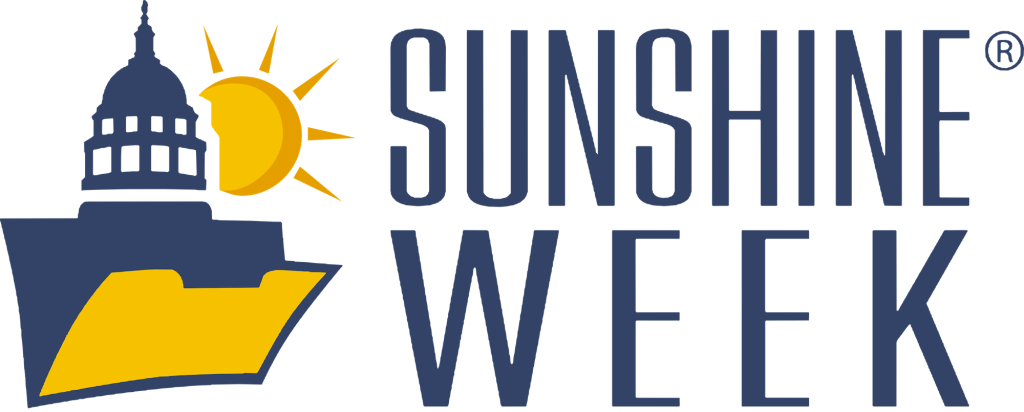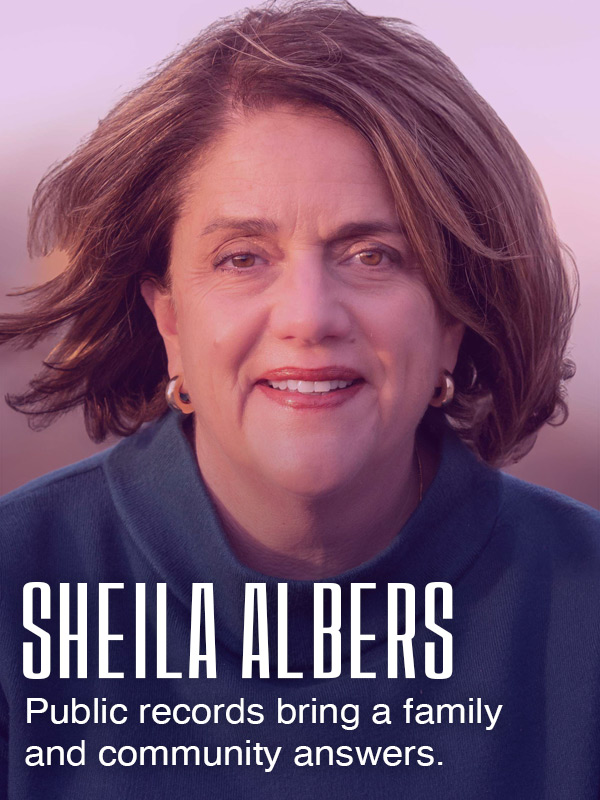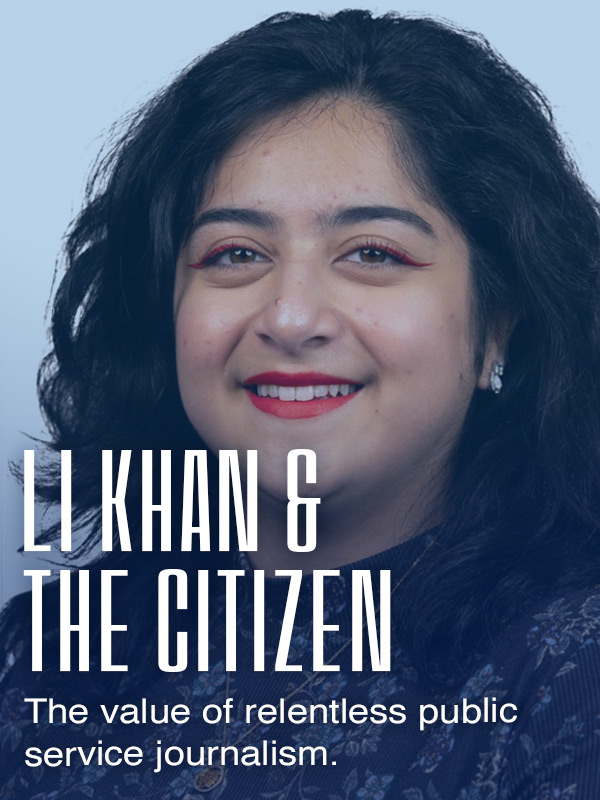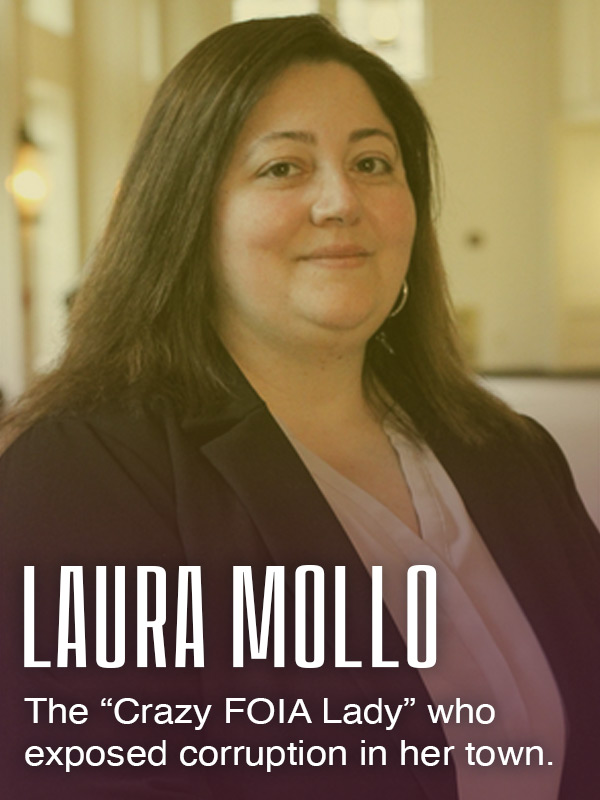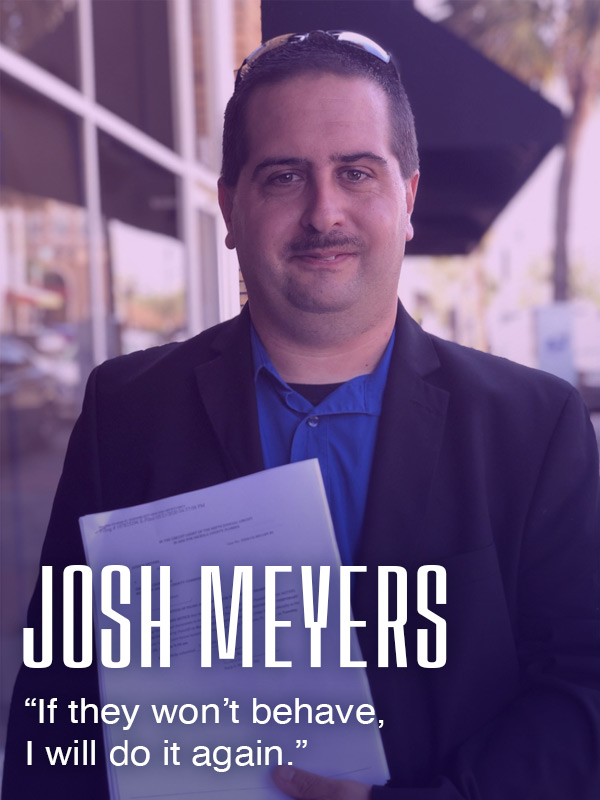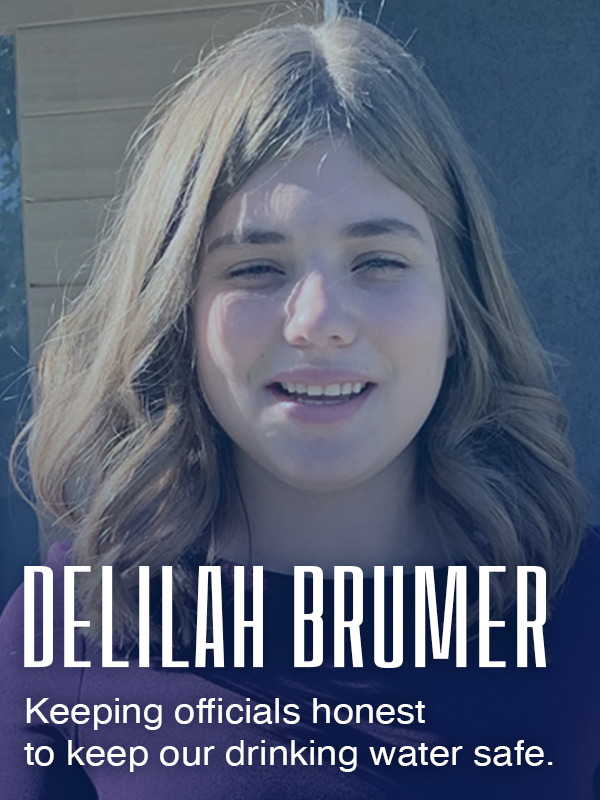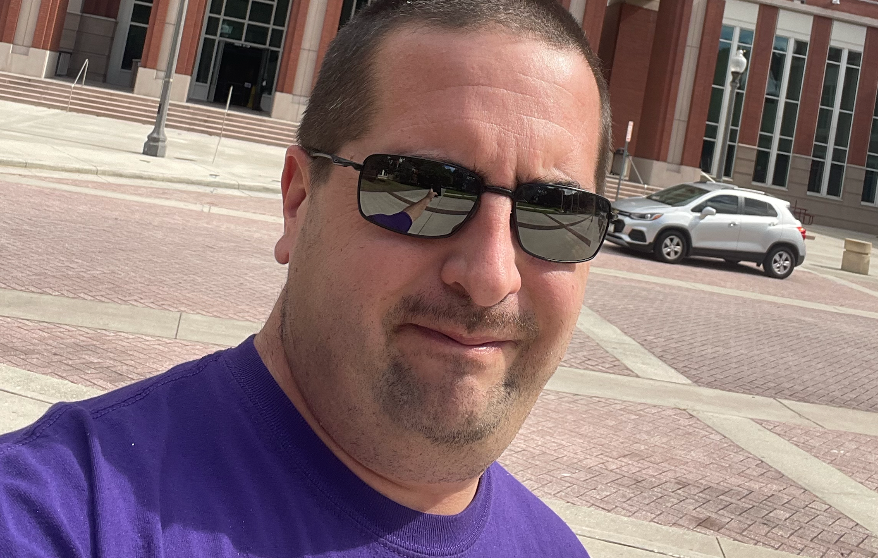
Our Right to Know: Josh Meyers
By Jessica Sparks
When Osceola County, Florida, announced it would enforce a curfew and other mandates for public health during COVID-19, resident Josh Meyers was shocked to learn the resolution for such mandates were not done in the normal public meetings of the County Commission.
Instead, the county’s Executive Policy Group (EPG) enacted the ordinance, even to the point of signing off on it as an officially enforceable law- one that could result in a $500 fine and up to 60 days in jail if it were violated.
Meyers emailed his county commissioner Fred Hawkins to find out when and where the commission had voted on the ordinance. The commissioner responded that the Board of County Commissioners delegated authority to this group, and that the EPG voted to initiate the measures.
Meyers wanted to know more. He asked about where notices of the EPG meetings were posted and whether they were open to the public. When he asked the county’s attorney, he was told the meetings were not public, so notice to the public was not required. Later, through the help of an open records inquiry, Meyers learned the attorney had lied.
“Five minutes later he sent emails to Hawkins saying these meetings are public, but we don’t want the public to know about it,” Meyers said.
This interaction set Meyers into a three-year battle with the county to operate in the sunshine. With the help of the Susan Knight Fund and attorneys who took the case contingent on winning, Meyers took his fight to the courts.
The EPG, as a group of officials who are designated to support specific needs and policies during emergencies, had met several times during the COVID-19 without notice to the public and without taking meeting minutes for public review. All this despite its law-making ability.
According to the Sunshine Law, any board or commission with the authority of any county or state agency is subject to public scrutiny where “official acts are to be taken are declared to be public meetings open to the public at all times” and minutes should be prepared and provided for public inspection.
Osceola County argued that the EPG was not subject to the Sunshine Law because it could not enact laws or orders, but instead was tasked with making recommendations and conducting fact-finding. However, as the order showed, the EPG was given more authority than that. That’s why the Ninth Circuit Court ruled in favor of Meyers, granting him both
Meyers and his lawyer at the time filed for records through the state’s sunshine laws to get meeting minutes from the EPG only to be told the group didn’t take meeting minutes.
The fight is still on for Meyers. His lawyers are currently awaiting another judgment over the attorney’s fees, which the county was ordered to pay but has argued was excessive at $128,000. To show his team did not spend as much as the county on attorney’s fees, Meyers submitted another records request only to be told it would cost $250 per hour for redacting information from the invoices he asked for.
“They said they need 6 hours at $250 to redact invoices,” Meyers said. “My question is who is redacting and what is there to redact? …Ultimately I have the Sunshine Law to get the documents and (my lawyers also) have a discovery request.”
Additionally, Meyers said he’s still working to make sure the public can be involved in the community. Recently, the county changed the way it takes public comment for issues such that the public is invited to speak at a meeting separate from the commission meetings, but is not allowed to speak at the commission meetings on issues being debated or voted upon.
Meyers did not set out to be a Sunshine enforcer, but now he’s doing it and plans to keep doing it when he knows things aren’t being done the right way.
“I would do it again,” he said. “If they won’t behave, I will do it again.”
Orlando Sentinel, 9/1/2023
Resident who won Sunshine Lawsuit against Osceola says Idalia meeting may have also broken rules
Spectrum 13 Orlando, 2/22/2020
Lawsuit: Osceola Policy Group Must Make Meetings Public
